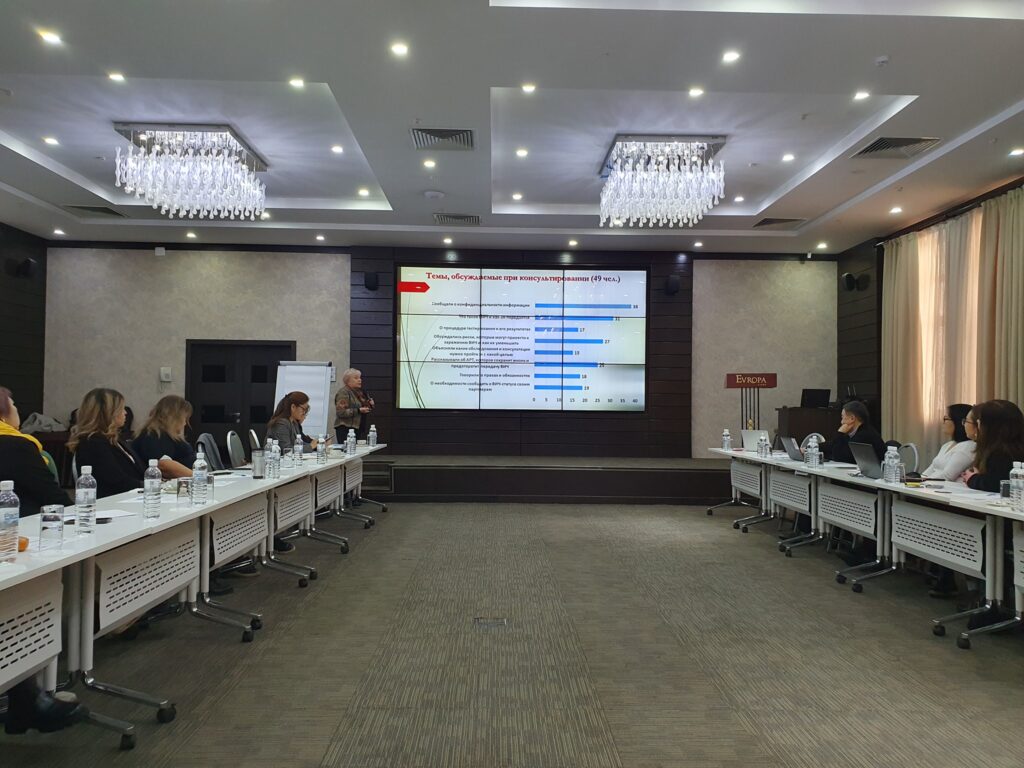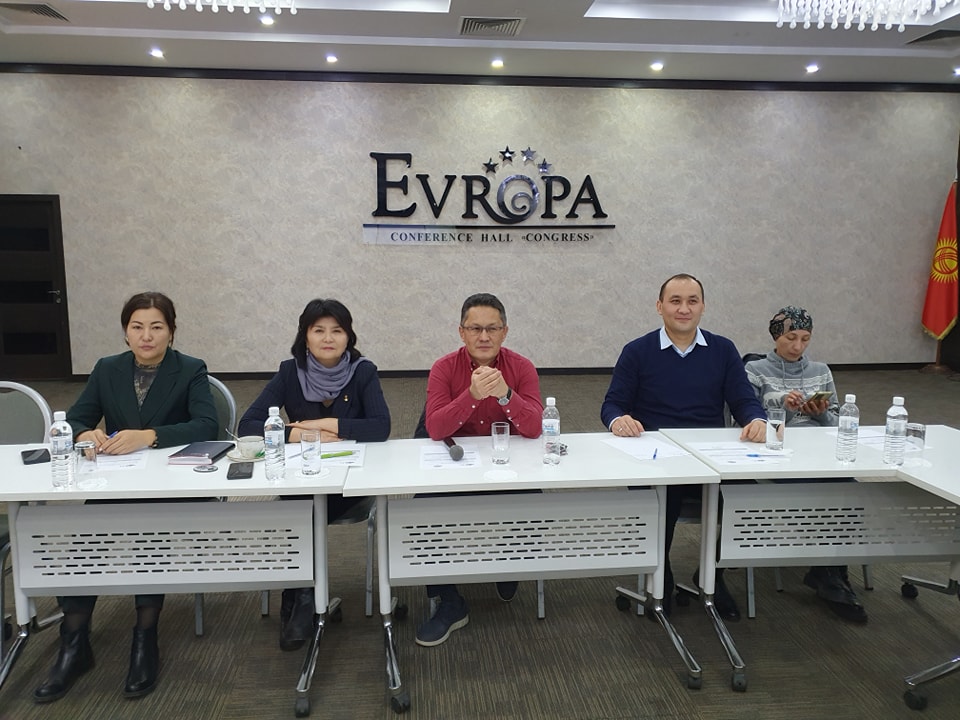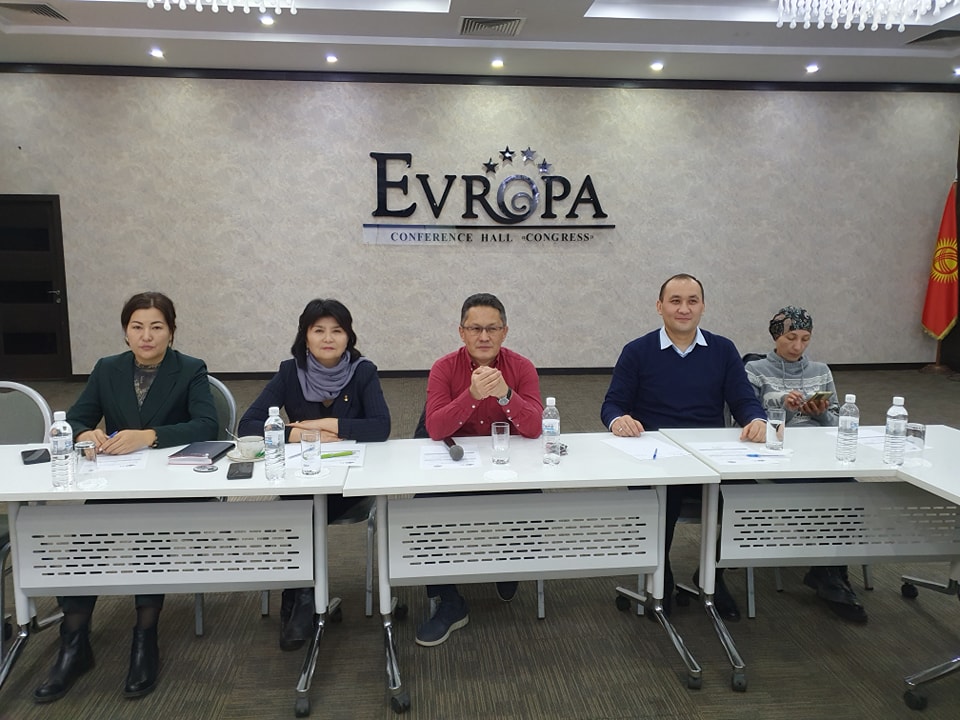A round table on optimizing the cost of HIV diagnostics/treatment and expanding HIV testing strategies took place in Kyrgyzstan on November 21.
An analysis of obstacles to expanding testing in PHC (primary health care), among migrants and prisoners was presented during the meeting. The research included interviews and focus group discussions with 58 people living with HIV and interviews with governmental and NGO representatives.
The main concern was detecting HIV at a late stage (51% of the respondents). The results showed that people applied for testing on their own mostly due to health problems. After testing, most respondents were sent to the AIDS Center (23), 10 respondents shared that they received counseling from the CSM. During counseling, many were informed about the diagnosis confidentiality, but only half of the respondents received information about ART.
An analysis of the cost of test systems for diagnosing and monitoring HIV treatment in Kyrgyzstan was also discussed during the meeting. A total of 28 test systems for diagnostics and monitoring of HIV treatment have been registered in the country. Today only one company is purchasing CD4 tests. ELISA-3 and ELISA-4 tests are procured in the largest volume, and their cost does not depend on the procurement volume.
“While the prices for ARV drugs are decreasing rapidly (in 2022 Kyrgyzstan procured TLD from the state budget at a record low price of $6.5 for a month course), the prices for diagnostics and monitoring of HIV treatment remain unreasonably high. Sometimes these prices are several times higher than the prices recommended by the GF. We also note that when procuring by different medical institutions within the country, prices can differ by 2-3 times for the same items. Here are very significant opportunities for cost optimization and improved efficiency in the use of public funds.” –
Aibar Sultangaziev, Executive Director of the Partnership Network Association.
Interaction between doctors and NGOs and the introduction of self-testing for HIV were reported as best practices in Kyrgyzstan in recent years, which is also documented in the main recommendations emphasizing expansion. In addition, the recommendations include the following:
Providing training to health care workers on counseling for HIV testing.
Creating conditions for counseling in health care facilities.
Expanding NGO-based testing and self-testing.
Conducting information campaigns.
The Partner Network Association organized this event with the support of the Alliance for Public Health and SoS_project 2.0. With the participation of representatives of the Ministry of Health of Kyrgyzstan, MHIF, UNDP, UNAIDS and NGOs.








